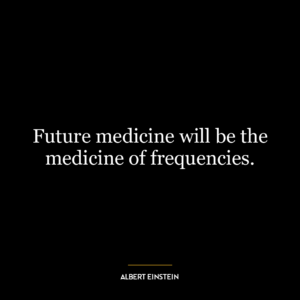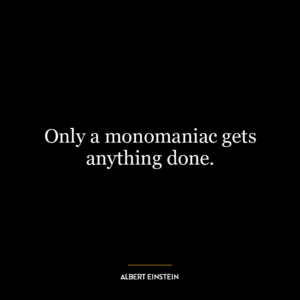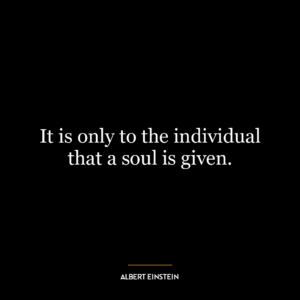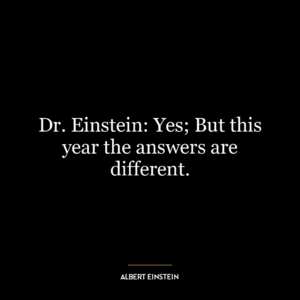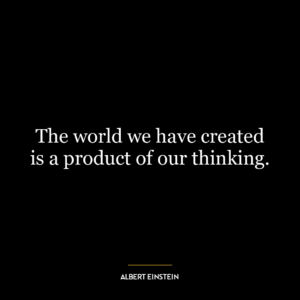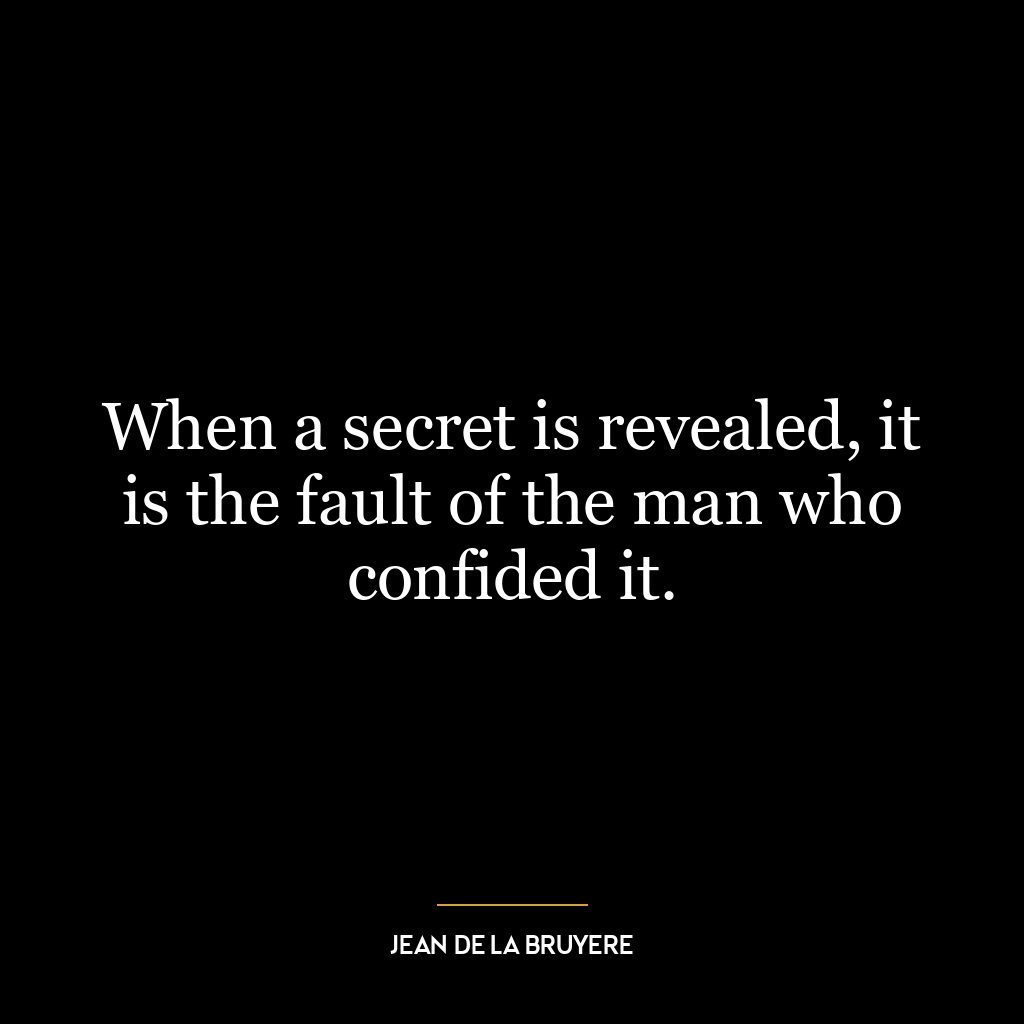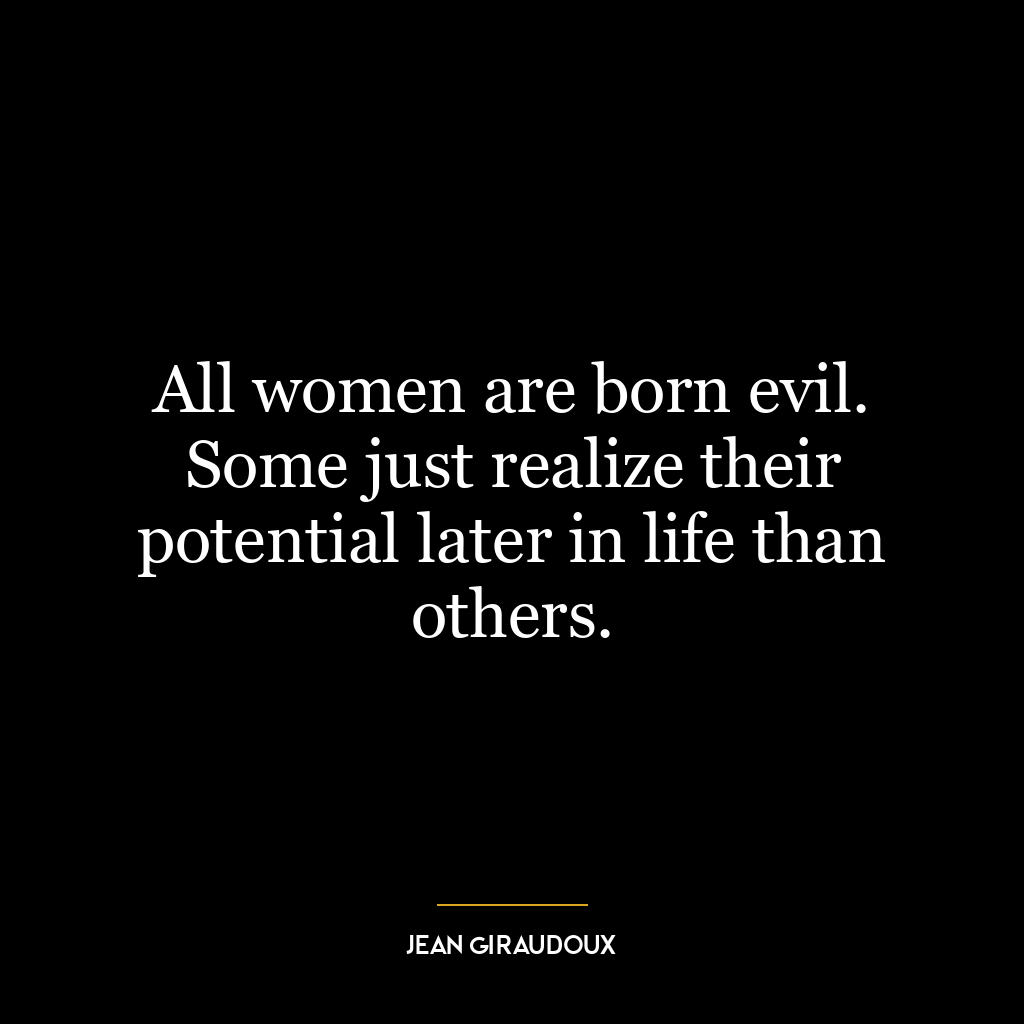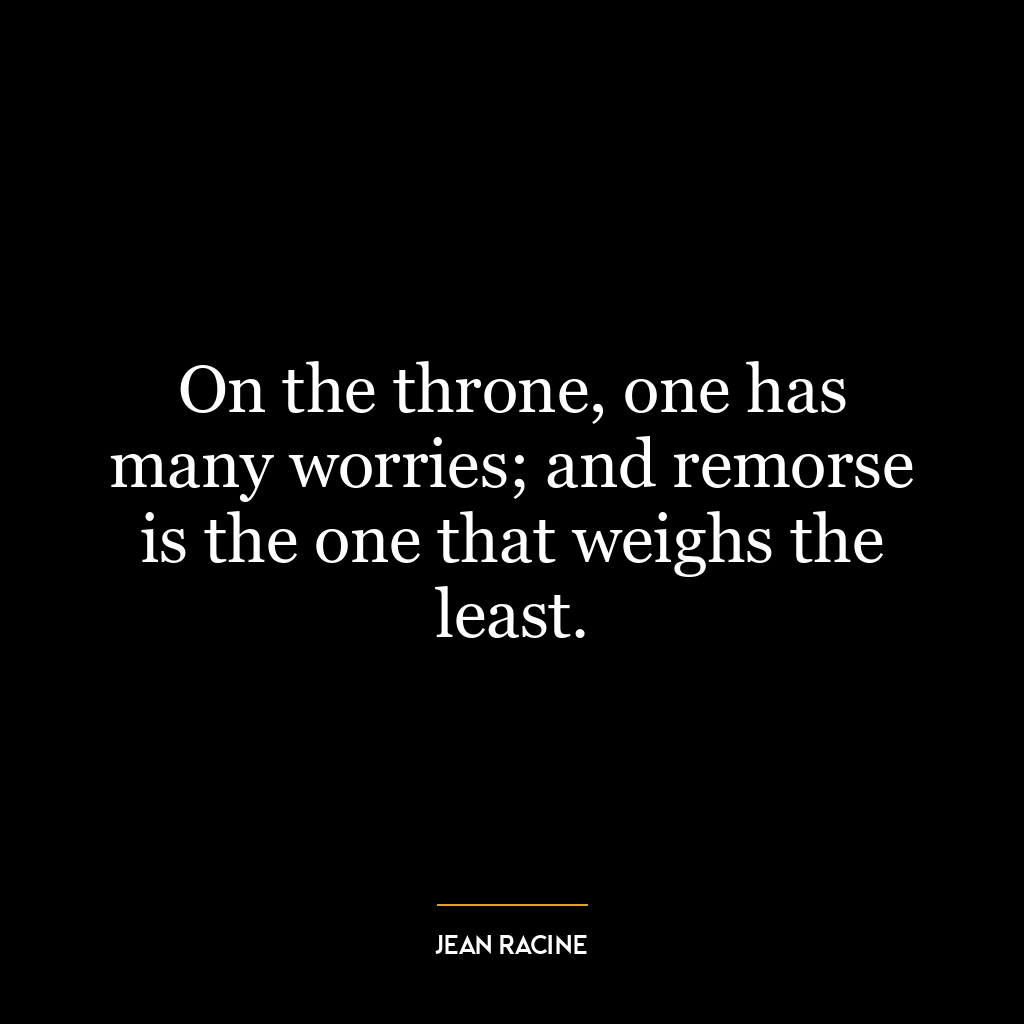This quote asserts that the real danger to the world does not stem from those who commit evil acts, but rather from those who stand by and allow such acts to occur. The notion of ‘allowing’ here is crucial; it implies passivity, indifference, or even silent approval. It’s not the active evil that poses the biggest threat, but the passive acceptance or ignorance of it.
This concept is grounded in the belief that evil thrives when good people fail to act. It’s not enough to simply not participate in harmful actions; one must actively oppose them. Inaction, in this context, is seen as a form of complicity.
Applying this idea to today’s world, we can see numerous instances where silence or inaction can contribute to the perpetuation of harm. In the face of issues like systemic racism, climate change, or political corruption, indifference or passivity allows these problems to persist. If we do not challenge these issues, we indirectly enable them.
In terms of personal development, this quote encourages us to be more than just ‘not bad’. It urges us to be actively good, to stand up against injustices, to voice our opposition to wrongdoings, and to not let fear or apathy prevent us from doing what’s right. It highlights the importance of personal responsibility and moral courage in shaping a better world. It’s not enough to simply not be a part of the problem; we must strive to be a part of the solution.



